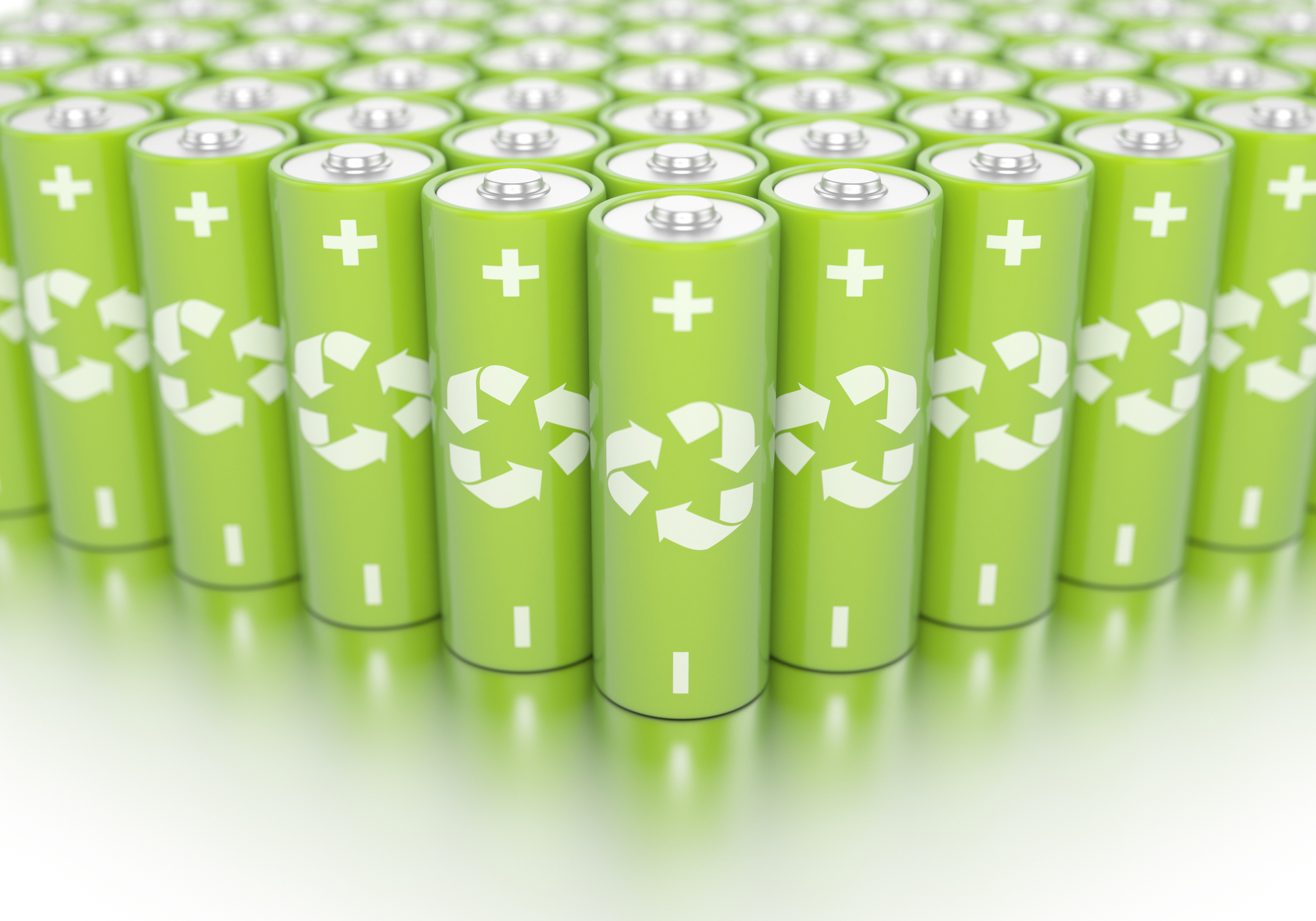cylib Wins €26.1M EU Grant for Battery Recycling Facility in Germany

Battery recycling company cylib has secured €26.1 million in funding from the European Union to establish one of Europe’s largest lithium-ion battery recycling plants in Dormagen, North Rhine-Westphalia, according to a company announcement. The grant was awarded through the Produktives.NRW programme under the ERDF/JTF initiative and will finance the first stage of the new industrial facility.
It is reported that the plant will focus on processing so-called “black mass,” an intermediate product from shredded lithium-ion batteries, to recover critical raw materials such as lithium, graphite, cobalt, nickel, and manganese. According to cylib, this move is intended to strengthen Europe’s resilience in securing strategic materials as demand for electric vehicles continues to grow rapidly.
The project will rely on cylib’s proprietary OLiC (Optimised Lithium & Graphite Recovery) process, which is reported to achieve recovery rates of over 90% while cutting carbon emissions by around 80% compared to conventional mining. The water-based technology will now be scaled up from a pilot line in Aachen to a full-scale industrial setting. By 2027, the Dormagen facility is expected to handle up to 140,000 end-of-life electric vehicle batteries annually, equivalent to about 60,000 tonnes of batteries or 20,000 tonnes of black mass.
“We are deeply grateful to the state of North Rhine-Westphalia and the European Union for funding this project and supporting our mission to produce advanced materials for sustainable batteries and resilient European value chains,” said Dr. Lilian Schwich, co-founder and co-CEO of cylib. She noted that the funding validates the company’s technology and engineering strengths.
According to market data, Europe’s electrification drive—where roughly one in four new cars sold globally is now electric—has triggered unprecedented demand for battery materials. EU initiatives such as the Critical Raw Materials Act highlight the urgency of reducing dependence on imports and expanding domestic recycling infrastructure. The cylib facility is seen as a strategic response, combining environmental benefits with strengthened supply security.
Source: cylib






